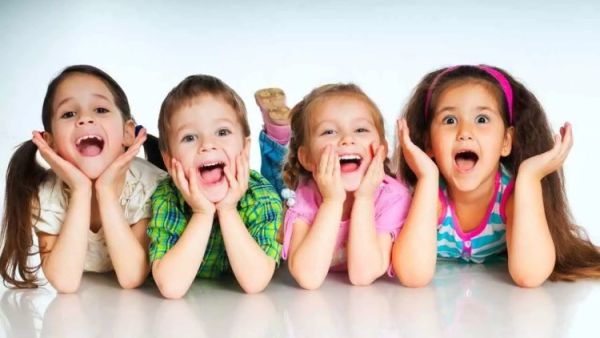
Every year on November 14, India observes Children’s Day, also known as Bal Divas, to recognize and promote the rights, welfare, and education of children. Pandit Jawaharlal Nehru, India’s first prime minister, was born on this momentous day. He was well-known for his love of children and his outlook on their future. Pandit Nehru, affectionately known as “Chacha Nehru,” felt that children should get extra care, protection, and empowerment since they are a country’s greatest asset and its future. Despite its historical association with Nehru’s legacy, Children’s Day also honors the principles of Dr. A.P.J. Abdul Kalam, the former president of India and a visionary whose life and work had a significant influence on Indian education and students.

The celebration of Bal Divas highlights a number of crucial facets of child welfare, such as the rights of children, the need to provide them with loving care, and the significance of easily available, high-quality education. This day’s activities include discussions, storytelling sessions, cultural performances, and the distribution of toys, books, and other educational resources. However, the main goal of these festivities is to increase public awareness of the fundamental rights and safeguards that all children are entitled to, making sure that they are raised in a setting that supports their intellectual, emotional, and physical growth.
Since education is seen to be the single most significant thing that may alter the lives of young people, it is at the center of Children’s Day festivities. Dr. Kalam’s educational contributions have grown to be a potent source of motivation for Children’s Day campaigns. Known as the “Missile Man of India” and the “People’s President,” Kalam was committed to inspiring young people to dream big and follow their interests in science, technology, and other fields.
Kalam had a comprehensive view of education. Regardless of their financial situation, he promoted changes to India’s educational system that would make learning more approachable, applicable, and motivating for all kids. He believed that education should cultivate curiosity, creativity, resilience, and a feeling of social duty rather than only focusing on textbooks and tests. On Children’s Day, Kalam’s principles serve as a reminder that we should focus on developing circumstances that support children in becoming competent, responsible, and compassionate adults in addition to academic teaching.
Children’s Day is a happy occasion full of celebrations, but it also serves as a sobering reminder of the difficulties that many kids unfortunately face today. Millions of young lives throughout the globe are still hampered by problems including child labor, poverty, starvation, and lack of access to education. In India, where child rights are a major concern, Children’s Day activities are meant to raise awareness of these problems and inspire communities, schools, and government agencies to actively collaborate for a brighter future for kids.
Children’s Day is essentially about respecting and valuing each child’s unique potential and aspirations. It is a day to consider the transforming potential of education and to renew our commitment to the principles established by luminaries such as Nehru and Kalam. We can build a society in which every kid has the freedom to study, develop, and reach their full potential if we work together and are persistently committed.